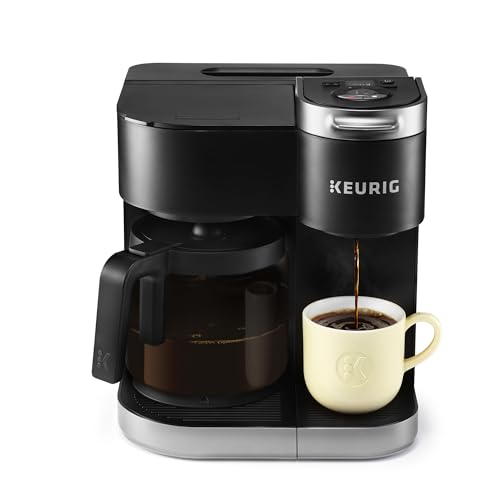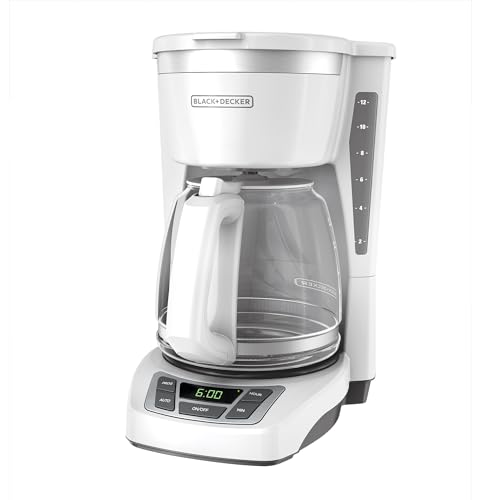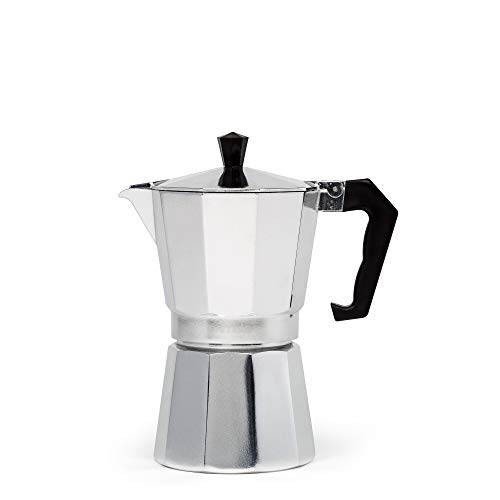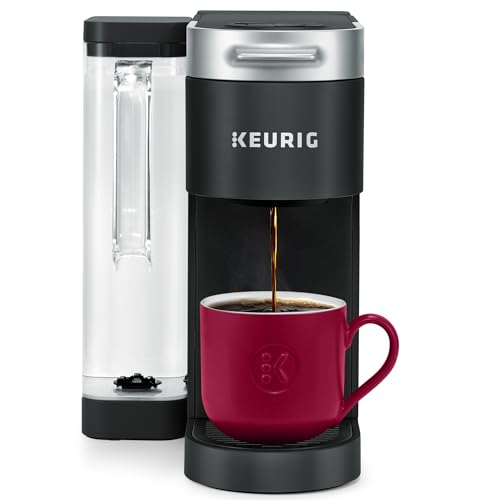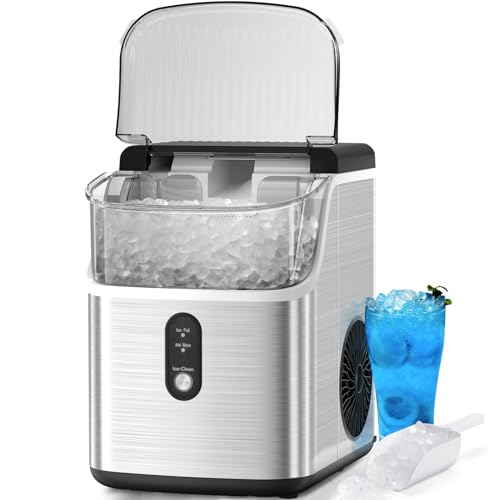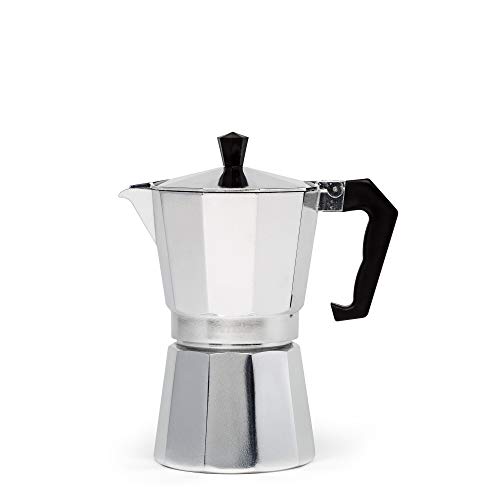Wine coolers, an essential appliance for any wine aficionado, are designed to provide an optimal environment for the storage and aging of wine. A key aspect of their functionality is their ability to maintain a precise and consistent temperature.
The question, “how cold does a wine cooler get?” is of paramount importance when considering the care and preservation of various types of wines. Different types of wines require different temperature ranges for optimal taste and longevity.
Understanding the temperature capabilities of a wine cooler is crucial to ensuring your vintages are stored under the best conditions possible.
This article aims to delve into this topic, providing valuable insights into the temperature ranges of wine coolers and how they influence the preservation and enjoyment of wine.
How Cold Does Wine Cooler Get?
Generally, wine coolers have a temperature range that falls between 46-66 degrees Fahrenheit (8-18 degrees Celsius). This range allows for both the ideal serving temperature and the proper aging temperature for most wine types. However, this can vary slightly depending on the specific model and brand of the wine cooler.
When it comes to storing wines, it’s important to consider the optimal temperature for each type. Red wines, with their complex flavors, tend to fare better in a warmer environment, typically around 55-65 degrees Fahrenheit.
On the other hand, white and rosé wines are known to shine when stored at cooler temperatures, usually ranging from 45-55 degrees Fahrenheit. For those delightful sparkling wines and champagnes, they thrive in the coldest settings, ideally between 40-48 degrees Fahrenheit.
By paying attention to these temperature ranges, you can ensure that each bottle of wine is stored in the best conditions, allowing their unique characteristics to be fully appreciated when the time comes to uncork and enjoy.
To ensure you’re getting the most from your wine cooler, it’s recommended to check the manufacturer’s guidelines for the precise temperature settings and adjust according to the type of wine being stored. With a quality wine cooler, you can confidently keep your wines at their peak flavor and structure, enhancing your wine experience.
Elements You Should Note When Storing Wine
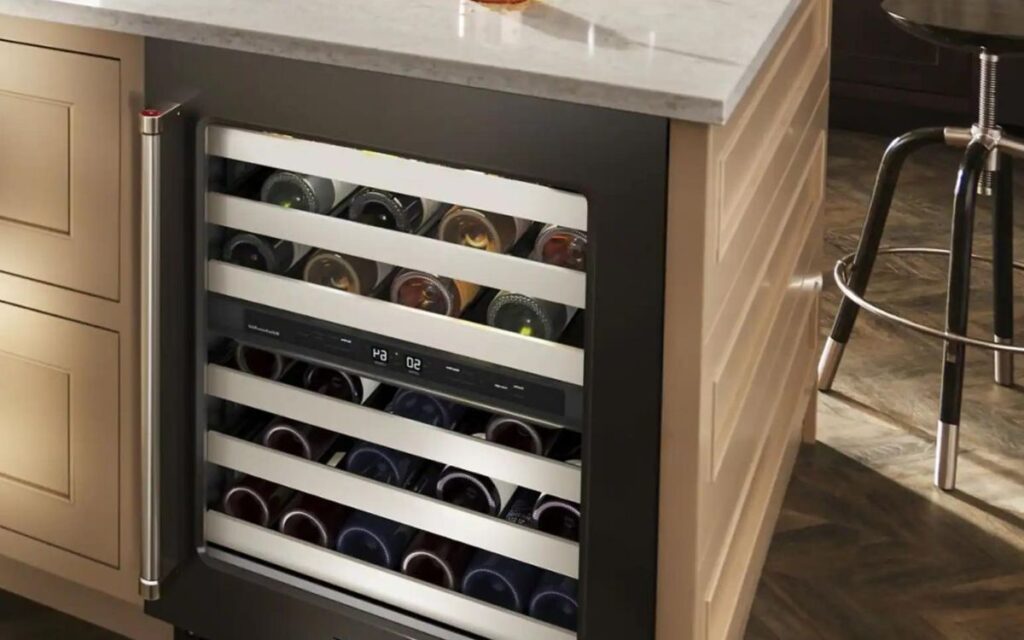
Beyond temperature, other factors significantly impact the quality of your stored wines. Let’s delve into some essential elements you should consider when storing wine to ensure you sustain its integrity and get the most of your wine experience.
Temperature and Temperature Stability
Temperature is a critical factor in wine storage. As mentioned earlier, different types of wines require different temperature ranges for optimal taste and longevity. Furthermore, maintaining a stable temperature is vital as fluctuations can cause the wine to age prematurely, spoiling the taste and aroma.
Humidity
Humidity is a critical factor in wine storage. Maintaining the right level of humidity, typically between 60-70%, is essential to prevent the corks from drying out. When the corks dry out, it can lead to oxidation, which ultimately ruins the wine.
On the other hand, excessive humidity can create a conducive environment for mold growth, potentially damaging the labels on the wine bottles. Therefore, finding the perfect balance of humidity is key to preserving the quality and integrity of your precious wine collection.
Light Exposure
Light, particularly direct sunlight, can degrade and prematurely age wine. Light damages wine by causing it to undergo unwanted photochemical reactions, affecting the stability and quality of the wine. Darker areas are more suitable for storing wine in order to prevent light-induced damage.
Vibration Exposure
Vibrations can be detrimental to the sediment in wine, which can disrupt the delicate aging process and result in undesirable chemical reactions.
To ensure optimal wine preservation, it is crucial to place your wine cooler in a stable and secure location, away from any sources of constant movement or vibrations.
By providing a calm and undisturbed environment, you can safeguard the quality and integrity of your wine collection for years to come.
Storing Wines at Different Temperatures
As outlined above, distinct types of wines thrive at different temperatures. For instance, red wines are stored best at warmer temperatures (55-65 degrees Fahrenheit), while white and rosé wines prefer cooler conditions (45-55 degrees Fahrenheit).
Sparkling wines and champagnes demand the coldest settings (40-48 degrees Fahrenheit). Always refer to the specific temperature recommendations for the type of wine you’re storing to ensure optimal flavor and aromas.
Understanding about Your Wine Cooler
A wine cooler, sometimes referred to as a wine fridge or wine chiller, is an appliance specifically designed for the purpose of preserving and aging wines. It is an upgrade from the traditional cellar, offering precise control over storage conditions, meeting the specific needs of different types of wines.
A wine cooler is an effective solution for wine enthusiasts who want to ensure that their bottles are stored under ideal conditions.
Features of a wine cooler typically include adjustable temperature settings, varying levels of humidity control, and a darkened interior to protect wines from harmful light exposure.
Additionally, many wine coolers feature adjustable shelving to accommodate bottles of various sizes, and some even offer dual-zone temperature control for storing different types of wines at their respective optimal conditions.
To make the best use of your wine cooler, it’s important to understand how to properly maintain it. Regular cleaning, both inside and out, is essential to prevent the buildup of bacteria or molds that could negatively impact your wines.
Check frequently to ensure that temperatures and humidity levels are stable. If your cooler has a fan, make sure it is not obstructed and is running smoothly. Proper maintenance of your wine cooler not only guarantees the longevity of the machine but also that your wines are being stored in the best possible environment.
Why Do You Need a Wine Cooler?
Investing in a wine cooler can greatly enhance your wine experience, offering numerous benefits that contribute to preserving the unique character of each bottle. One of the primary reasons to consider a wine cooler is its ability to maintain a consistent temperature.
Compared to a standard refrigerator that’s frequently opened and closed, causing temperature fluctuations, a wine cooler provides a stable environment that is crucial for preserving the structure and taste of the wine.
Another advantage of a wine cooler is its specialized storage design. Wine bottles are typically stored horizontally in a wine cooler. This position keeps the liquid in contact with the cork, preventing it from drying out and allowing air to enter the bottle, which could potentially spoil the wine.
Humidity control is yet another advantage offered by many wine coolers, helping to maintain the ideal humidity level necessary to protect the cork integrity.
Most importantly, a wine cooler provides an accessible and organized space for your wine collection.
Whether you’re an avid wine enthusiast with a burgeoning collection or a casual drinker who prefers to have a few bottles of quality wine on hand, a wine cooler can accommodate your needs.
It allows you to easily scan your collection and select a bottle that suits your occasion or meal without the need to rummage through a crowded refrigerator.
Moreover, for those living in regions with a warm climate, a wine cooler is almost essential. The heat can be detrimental to wine, accelerating the aging process and potentially spoiling the flavor. A wine cooler ensures your wine is kept at the ideal temperature, regardless of the external environment.
In conclusion, a wine cooler is not merely a luxury but a practical investment that protects your wines, maintains their quality, and enhances your overall wine-drinking experience.
It’s an essential appliance for anyone who appreciates the art of winemaking and the pleasure of wine tasting.
Final Thought
In essence, understanding “how cold does a wine cooler get?” is fundamental in preserving and enhancing the flavor of your wines. A wine cooler’s ability to maintain consistent temperatures specific to different types of wines makes it a valuable tool for any wine lover.
From controlling humidity levels to reducing light and vibration exposure, a wine cooler serves as a sophisticated guard for your wine collection, ensuring optimal conditions for wine aging. Therefore, investing in a wine cooler is a worthwhile decision that protects and enhances the value of your wine collection.
